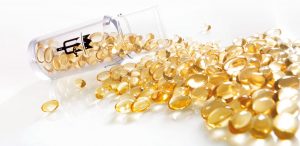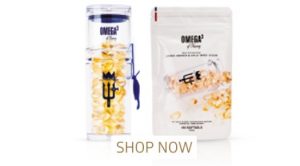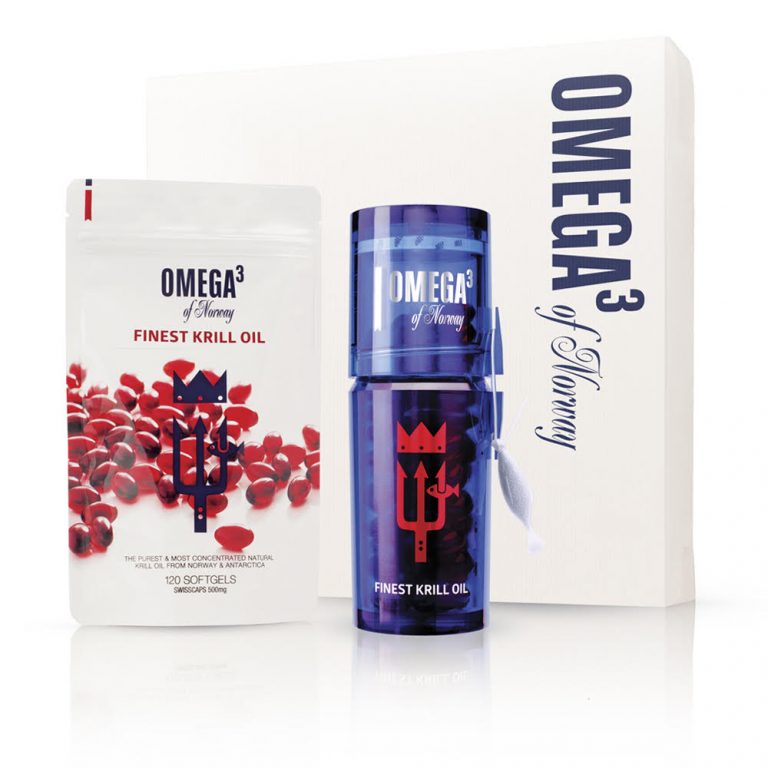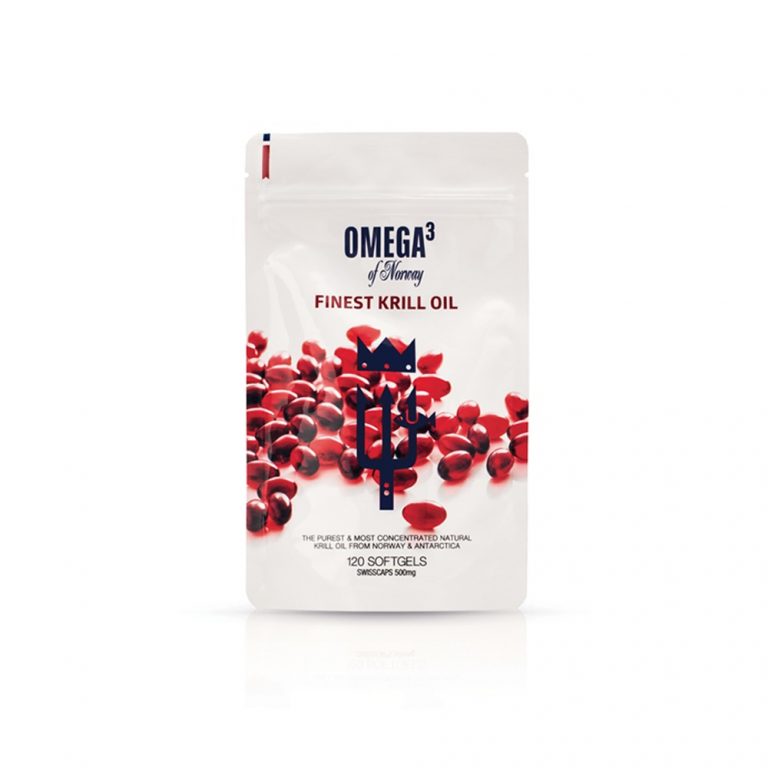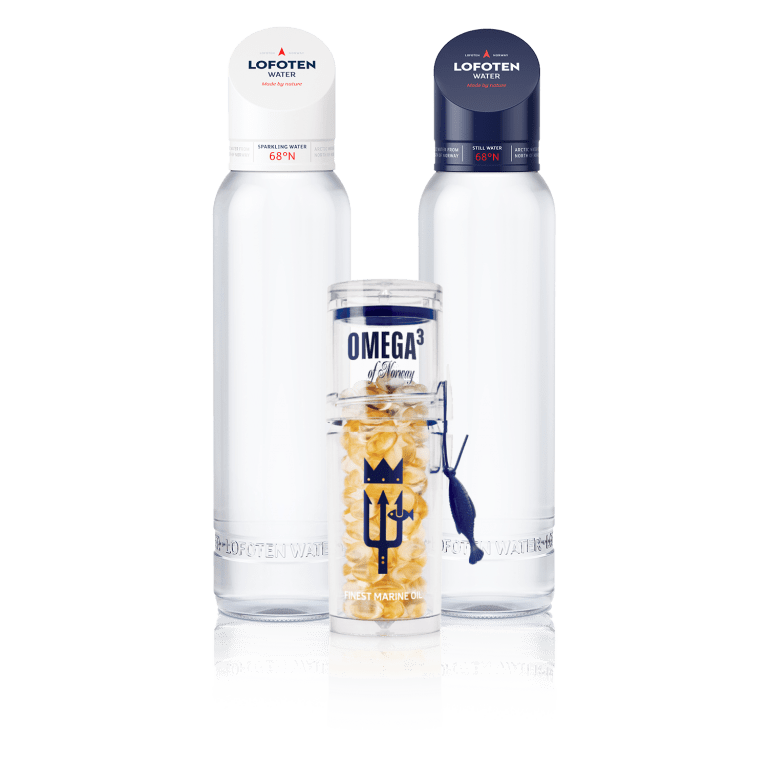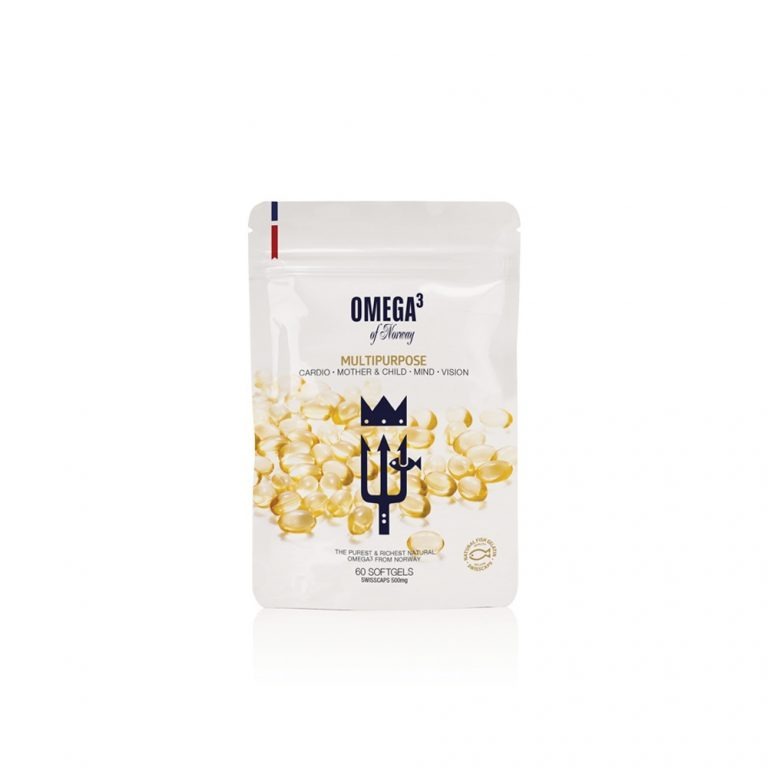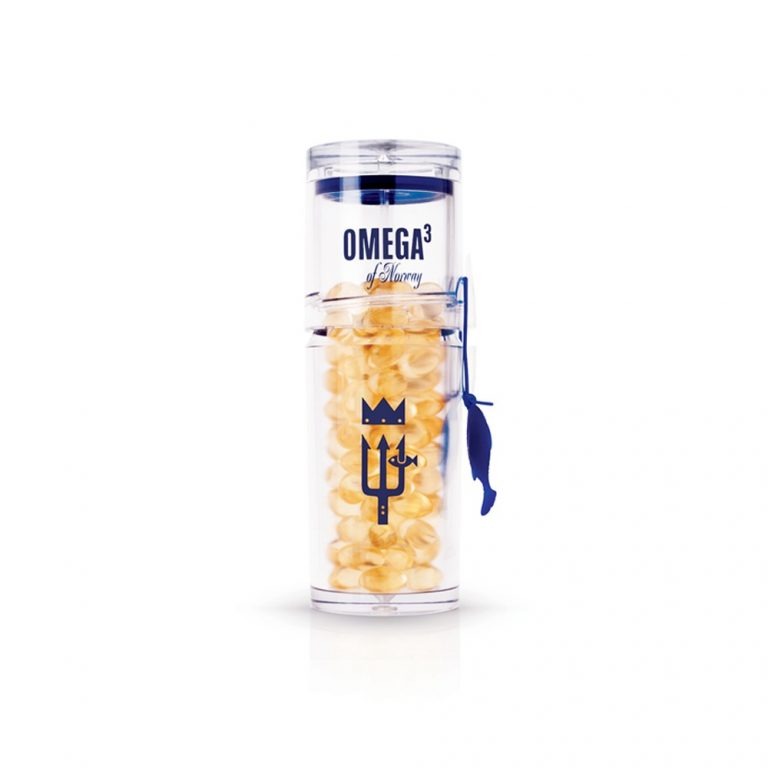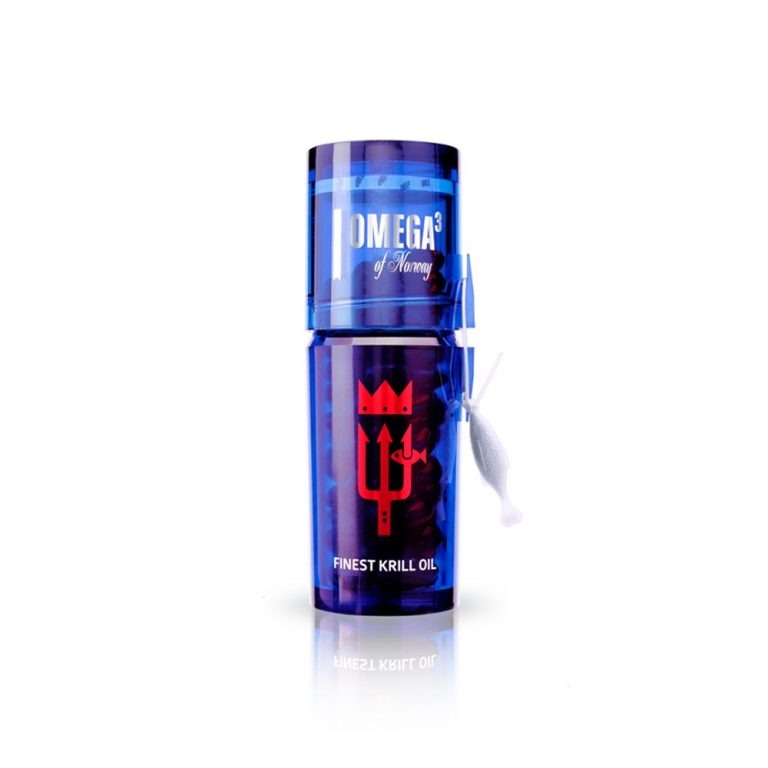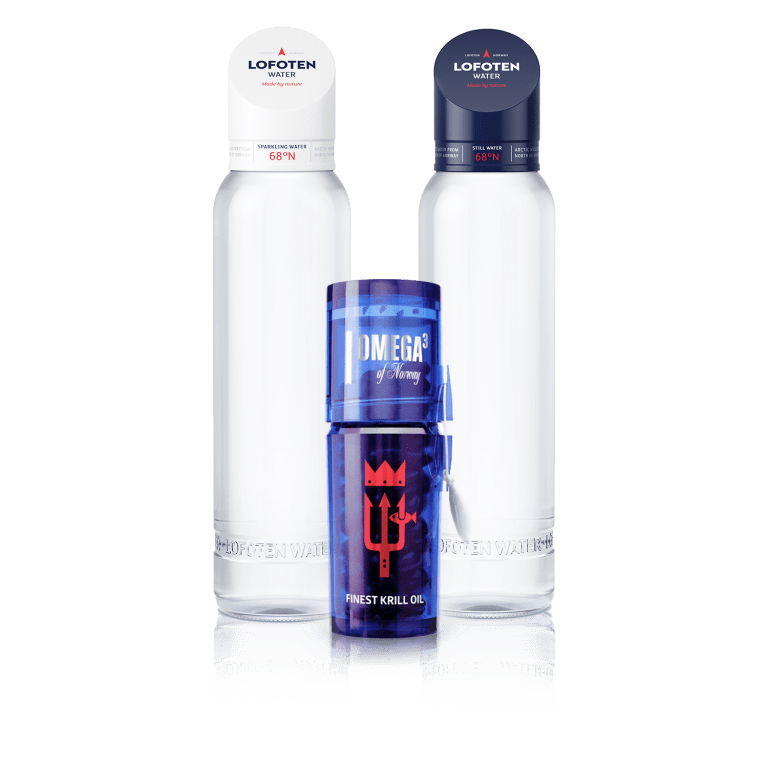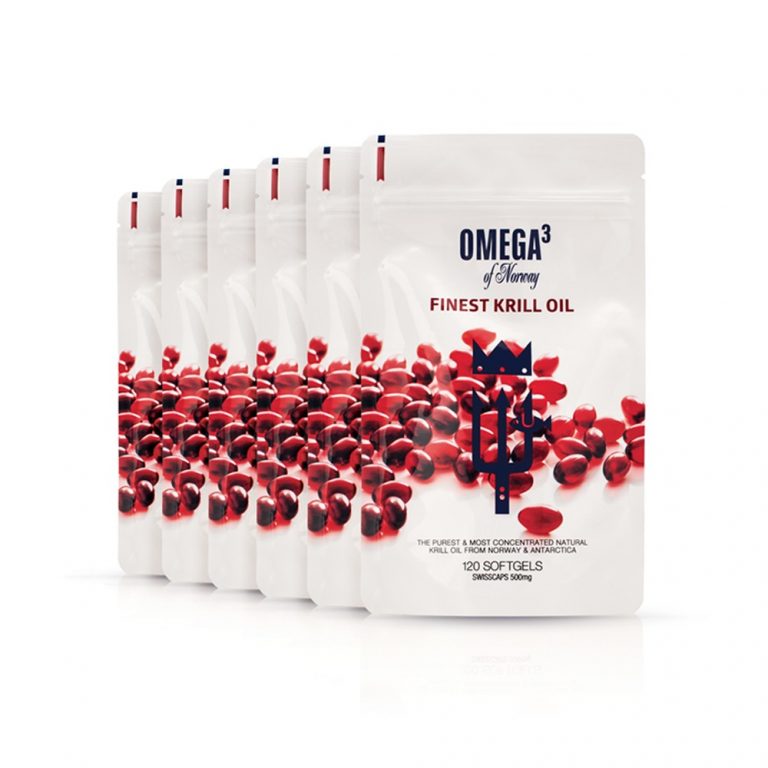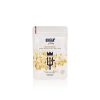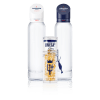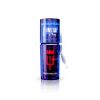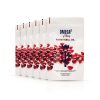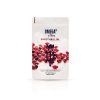Content
Strolling through the aisles of a pharmacy, picking up bottles and products and reading the small print on the back without knowing what to look out for? It can be frustrating to be on the hunt for your perfect food supplement and not knowing what information is crucial to make a good choice. In this article we want to give you a short 5 – step – guide to buying your perfect omega – 3 – supplement to support you in making healthier choices and help you decide on what’s best for you. Omega – 3 – supplements such as fish oil can be an easy way to increase your intake of those essential fatty acids, so you can benefit from their many positive impacts on your health
Why take Omega 3?
Omega – 3 fatty acids are essential for our survival but cannot be produced by our bodies. We therefore depend on consuming them either through foods like fatty fish, or by taking supplements such as fish oil or krill oil.
EPA and DHA – essential fatty acids
Those fatty acids come in a few different forms, the most important ones are called docosahexaenoic acid (DHA) and eicosapentaenoic acid (EPA). These occur mostly in marine sources such as fish or krill and have a lot of health benefits for us. Not only do they help our heart beat at a steady rhythm and can reduce the risk of blood clots and stiff arteries, they also make up an important part of our cell membranes and therefore help our skin and hair look hydrated and healthy. Especially DHA is essential for the development and functioning of our brain, and can influence the communication between cells. Omega – 3 fatty acids also have anti-inflammatory properties which means that they can reduce chronic low-grade inflammations in our body and support our immune system in combating malign invaders into our system.
Most people don’t eat enough fish
While eating fatty fish two times a week is the recommended way of ensuring your omega – 3 intake is sufficiently high, this is simply not possible for many people. Research shows that 90% of Americans do not consume sufficient amounts of omega – 3 through their diet, so many are or should be using supplements to increase their intake. But what is this fish oil that we have been talking about?
What Is An Omega – 3 – Supplement?
Fish oil is made from the tissue of fatty fish that live in cold waters such as salmon or mackerel for example. It is extracted from their tissue using a variety of distillation and purification methods and is usually consumed in the form of small gelatine capsules with their characteristic gold-yellow colour. Fish oil contains the essential fatty acids EPA and DHA and a capsule a day can be sufficient to make sure your reserves are full and your body can perform at its best.
What is Krill Oil?
Krill oil is another omega – 3 supplement that is made from the small crustaceans living in the oceans of the world, and is a newer addition to the world of food supplements. It has a red hue and, like fish oil, contains the fatty acids EPA and DHA and shares its health benefits. Krill oil usually does not have to be distilled, just filtered to purify it, because krill have very low levels of pollutants in their tissue due to their small size, shorter lifespan and low position in the food chain. This means that they ingest fewer pollutants through eating other fish like it can be the case for bigger hunting fish such as swordfish or mackerel.
Both are good sources of omega – 3 fatty acids but there are a lot of products on the market, that differ a lot in both quality and price. There are some important things to consider when buying a food supplement which we will explain below. Like with all supplements however, make sure you consult with your doctor or medical provider first to make sure there are no additional risks for you involved.
Five Steps To Buying A Good Omega – 3 Supplement
Step 1: Check which fatty acids the supplement contains?
Not all fats are created equal, and fish oil does not equal fish oil. The contents of the oil, be it from fish or krill, greatly matter and influence the health benefits it has. The fatty acids you want to look out for are the aforementioned EPA and DHA. Those will yield the greatest benefits for you and support your body in many of its essential functions.
Step 2: Which form do the fatty acids take?
Fatty acids can occur in a variety of molecular configurations, which can impact the way they work and are absorbed into our body. The structure of the fatty acids depends on the processing procedure and can affect the effect they have on us.
The natural form that fatty acids assume in most plants and animals are called triglycerides (TG), which is what you will want to look out for. Another good form is called phospholipids, which mostly naturally occurs in krill oil.
Other options are ethyl esters (EE), where the fatty acids are connected to ethanol molecules which makes them distillable at lower temperatures and therefore can reduce the production costs of such so-called fish oil concentrates. In this form the fatty acids are not technically fats anymore and their impact on our body can be impacted by this. The difference to triglycerides can be compared to the difference between orange juice from concentrate versus natural freshly squeezed juice. The ethyl ester form of fish oil is not as easily absorbed into our body and more prone to oxidation and rancidity than the triglyceride form.
While all fish and krill oils go through some kind of processing procedure, it is important to look out for the form the molecules take (TG or rTG) to ensure that you are buying a high-quality product that will have a maximum positive impact on your metabolism. The processing is necessary to purify the oil from contaminants like mercury and can increase the concentration of EPA and DHA up to 50-90%, which increase its efficiency.
Step 3: Check the concentration of EPA and DHA
Another important factor for the quality of a fish oil or krill oil supplement is the concentration of the fatty acids it contains. The volume of the capsule does not matter if the concentration of the fatty acids is low. So, make sure to check what percentage of EPA and DHA the supplement contains to make sure, that you get what you pay for. At Omega 3 of Norway for example, our fish oil contains 90% natural triglycerides without ethyl esters to ensure a high-quality product with a powerful dose of healthy fatty acids.
Step 4: Check if the product is fresh
Fish oil and krill oil, like seafood, should not smell fishy when they are fresh. However, the fatty acids they contain are biologically active and can react with molecules that surround them, like oxygen for example. This process called oxidation can damage the oil and release so-called free radicals, which can cause damage to our tissues and cells once they are in our system.
Check the production and expiry date on the product and if possible, smell it to check if it smells fishy or rancid, which can be an indicator that it is not that fresh anymore. To prevent oxidation and the oil from going rancid, the product should contain some kind of antioxidant and stabilizer such as vitamin E or a natural antioxidant such as astaxanthin, a natural antioxidant which occurs in krill oil and gives it its characteristic red hue.
Step 5: Check for the sustainability of the product?
Fish oil and krill oil are made from finite resources in our oceans, so you want to make sure that the company you buy from uses sustainable fishing practices and has strict regulations regarding their production procedure. There are independent bodies which analyse and certify producers of such food supplements, so look out for labels from organizations like the Marine Stewardship Council (MSC) or other authorities in the field.
Here at Omega 3 of Norway for example, we pride ourselves in being very strict with our quality control and using a patented eco-harvesting method to source our krill from the waters of the Southern Ocean. We only use sustainably caught wild water fish and eco-friendly reusable containers, controlling our production process every step of the way. This has earned us a certificate of traceability by the MSC for our krill oil. Our patented fishing method ensures that all unwanted by-catch of non-krill species gets released back into the ocean as fast as possible and the specifically designed vessels immediately process the caught krill to ensure maximum freshness.
Conclusion
Now you know why it is worth investing in a high-quality omega – 3 food supplement and how to choose what’s best for you.
The 5 Steps of choosing your perfect supplement
- Which fatty acids does it contain?
- Which molecular structure do the EPA and DHA have?
- What is the concentration of EPA and DHA?
- Is it fresh?
- What about sustainability?
Head over to our shop to browse our range of fish oil and krill oil products or if you want to learn more about all things omega – 3, check out our blog.



